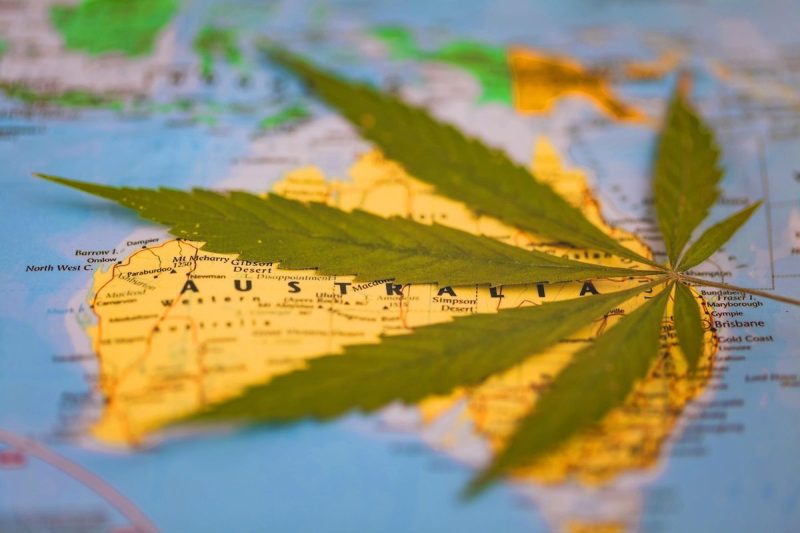In Australia, the landscape of cannabis legislation varies significantly from state to state. Understanding the nuances of cannabis laws and regulations is crucial for individuals looking to navigate the complex legal framework surrounding the plant. This comprehensive guide breaks down the state-by-state regulations governing cannabis in Australia, providing a detailed overview of the current status of cannabis across the country.
New South Wales (NSW) is the most populated state in Australia and has some of the strictest cannabis laws in the country. Possession of small amounts of cannabis for personal use in NSW is considered a criminal offense. However, individuals caught with small quantities may be issued with a caution or a fine rather than facing criminal charges.
Victoria, on the other hand, has taken a more progressive approach to cannabis legislation. In 2016, Victoria became the first state in Australia to legalize access to medicinal cannabis for patients with specific medical conditions. The state has set up a regulatory framework to allow for the cultivation, manufacturing, and sale of medicinal cannabis products under strict conditions.
Queensland permits the use of medicinal cannabis for patients with certain medical conditions under strict regulations. Patients can access medicinal cannabis products through authorized healthcare providers after obtaining the necessary approvals.
South Australia has decriminalized the possession of small amounts of cannabis for personal use, with individuals caught with small quantities facing civil penalties such as fines rather than criminal charges. However, the cultivation and sale of cannabis remain illegal in the state.
In Western Australia, possession of small amounts of cannabis for personal use is decriminalized, with offenders facing civil penalties. The state allows for the use of medicinal cannabis products for patients with specific medical conditions under certain conditions.
Tasmania has also decriminalized the possession of small amounts of cannabis for personal use, with offenders facing civil penalties rather than criminal charges. The state permits the use of medicinal cannabis for patients with specific medical conditions under strict regulations.
The Australian Capital Territory (ACT) made history by becoming the first jurisdiction in Australia to legalize the possession, use, and cultivation of small amounts of cannabis for personal use in 2020. Adults in the ACT can possess up to 50 grams of cannabis and grow up to two plants per person, or four per household.
In the Northern Territory, possession of small amounts of cannabis for personal use is decriminalized, with offenders facing civil penalties rather than criminal charges. The state permits the use of medicinal cannabis products for patients with specific medical conditions under strict regulations.
Overall, navigating the complex landscape of cannabis laws in Australia requires a clear understanding of the regulations specific to each state. As the legal framework around cannabis continues to evolve, staying informed about the latest developments and guidelines is essential for individuals seeking to comply with the law.

